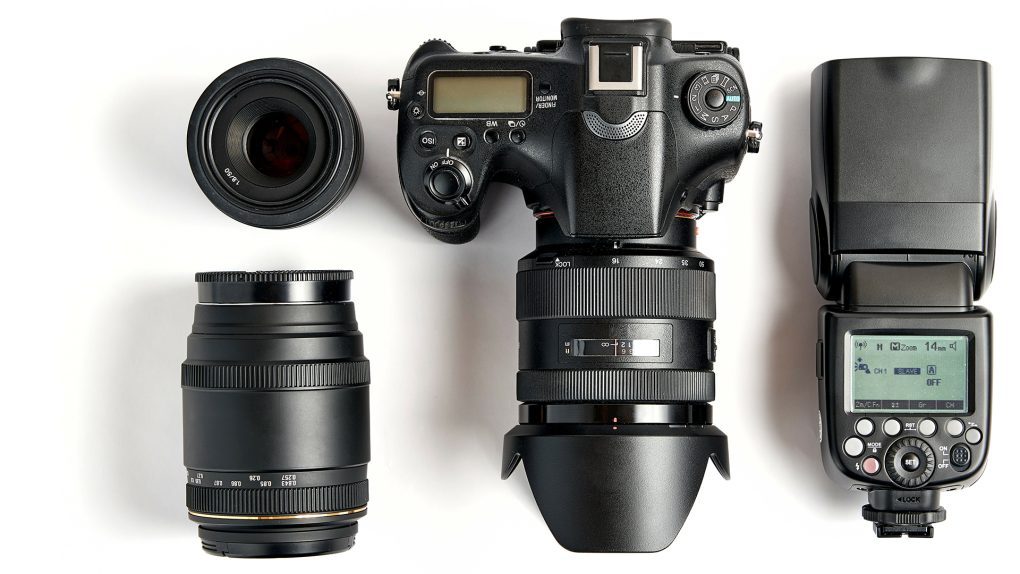Injection molding is a powerhouse in the manufacturing sector. It is a process that is known for its efficiency and versatility. As industries strive for more cost-effective and reliable methods to produce high-quality products, injection molding stands out as a preferred choice. This technology has revolutionized the way manufacturers think about production, from simple household items to complex automotive components.
Here’s an insightful look into why injection molding has become a go-to process in various industries.
1. High Efficiency and Speed
Injection molding is celebrated for its remarkable efficiency and quick production capabilities. Once the initial setup is complete, the production cycle times can be extremely short, often lasting only a few seconds. This rapid turnaround is crucial for high-volume manufacturing, allowing companies to produce large quantities of components quickly.
The ability to maintain consistent production speeds without sacrificing quality makes injection molding particularly advantageous for meeting tight deadlines and managing high demand. Moreover, the automation of the injection molding process reduces labor costs and minimizes human error, further enhancing production efficiency.
2. Exceptional Durability and Strength
The strength and durability of products made through injection molding are unparalleled, making it an ideal choice for items that require robustness. By tweaking the types of materials used and adjusting the molding parameters, manufacturers can create parts that withstand extreme conditions. This adaptability is especially important in industries like automotive and aerospace, where safety and longevity are paramount.
Furthermore, enhancements such as UV stabilizers and anti-impact modifiers can be added during the molding process to further fortify the final products, ensuring they meet the specific endurance requirements of different applications. Additionally, the process can incorporate materials like glass fibers, which significantly enhance the structural integrity and durability of the molded parts.
3. Complex Geometry and Detailed Accuracy
One of the most significant advantages of injection molding is its ability to produce complex and intricately detailed parts with great precision. The high pressure at which the material is injected into the mold allows for the material to fully occupy all cavities, resulting in high detail and excellent surface finish. This capability is critical for components that must fit together perfectly within tight tolerances.
Industries that require complex designs, such as medical devices and electronics, rely on injection molding to achieve the precision necessary for their sophisticated products. Moreover, the versatility of the technology allows for the integration of multiple functions into a single complex part, reducing assembly time and costs.
4. Extensive Material and Color Flexibility
Injection molding offers extensive flexibility with materials and colors, catering to a wide range of product designs and industry specifications. Manufacturers can choose from hundreds of different polymers depending on the strength, flexibility, and thermal characteristics needed for the project.
Additionally, colors can be precisely controlled and matched, eliminating the need for post-production painting. This aspect of customization is particularly beneficial in consumer goods, where aesthetic appeal and brand identity are crucial for market differentiation. This flexibility also allows for the production of parts that are biocompatible and environmentally friendly, meeting the increasing demand for sustainable manufacturing practices.
5. Cost-Effectiveness for Large Scale Production
When it comes to mass production, injection molding is a cost-efficient solution. The initial costs of creating the mold can be high, but once in place, the cost per unit during manufacturing is extremely low. This is especially advantageous when producing large volumes of parts, as the more parts made, the more cost-effective the process becomes.
Furthermore, the ability to use custom injection molding services allows for adjustments to be made efficiently, ensuring that any specific requirements are met without incurring substantial additional costs. As a result, injection molding remains a favorite among manufacturers looking to balance quality with cost-effectiveness.
Conclusion
Injection molding is a pivotal technology in the manufacturing world, offering unmatched efficiency, durability, and flexibility. Its ability to produce complex designs with high accuracy and at considerable volumes makes it indispensable across various sectors.










